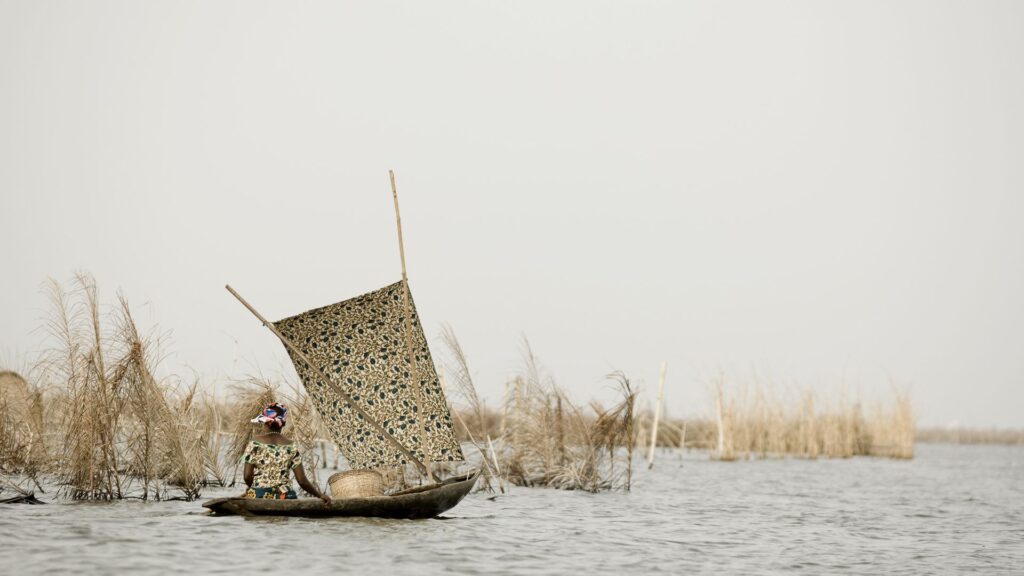Ouidah is a historic city located in the Atlantique Department of Benin. Known for its significant role in the transatlantic slave trade, Ouidah is a place rich in history and culture.
One of the most prominent landmarks in Ouidah is the Door of No Return, a memorial arch that symbolizes the final exit point for enslaved Africans who were forcibly taken from the continent. This poignant reminder of the city's dark past serves as a sobering tribute to the millions of lives lost during the slave trade.
In addition to its historical significance, Ouidah is also home to vibrant traditions and festivals. The annual Voodoo Festival, held in January, attracts visitors from around the world who come to witness the colorful ceremonies and rituals that honor the ancient religion of Vodun.
The city is also known for its beautiful beaches, where visitors can relax and unwind amidst stunning ocean views. Local markets offer a diverse array of handicrafts and souvenirs, making Ouidah a great place to shop for unique gifts and mementos.
Overall, Ouidah is a must-visit destination for history buffs, culture enthusiasts, and beach lovers alike. With its rich heritage, vibrant traditions, and natural beauty, this city offers a truly unforgettable experience for visitors to Benin.
What to explore:
1. The Route des Esclaves (Slave Route): This historical trail takes visitors on a journey through the town's past as a major slave trading hub. Highlights include the Point of No Return, a monument dedicated to the millions of slaves who were shipped from Ouidah.
2. Zinsou Foundation: This contemporary art museum showcases the work of Beninese and African artists, as well as educational programs aimed at promoting local culture and creativity.
3. Sacred Forest of Kpassè: This UNESCO World Heritage site is a sacred grove filled with ancient trees and shrines dedicated to various African deities. Visitors can learn about traditional Vodou practices and folklore in this spiritual sanctuary.
4. Ouidah Museum of History: This museum provides insight into the town's rich history, from its pre-colonial past to its role in the slave trade and eventual independence. The museum's extensive collection includes artifacts, artwork, and historical documents.
5. Python Temple: This unique temple is home to dozens of sacred pythons that are believed to possess mystical powers. Visitors can witness rituals performed by local priests and even interact with the snakes.
6. Fort of São João Baptista de Ajuda: This 17th-century fortress was once a key defensive structure in the Portuguese slave trade. Today, visitors can explore its imposing walls and cannons while learning about its dark history.
7. Ouidah Beach: Relax and unwind on the sandy shores of Ouidah Beach, where visitors can swim, sunbathe, and enjoy fresh seafood at waterfront restaurants.
8. The Sacred Heart Cathedral: This stunning Catholic cathedral is a prominent landmark in Ouidah and features beautiful stained glass windows, intricate sculptures, and a serene atmosphere for prayer and reflection.
9. Ganvie Village: Take a boat tour to visit Ganvie, a unique stilt village located on Lake Nokoué. This picturesque community is home to the Tofinu people, who have built their homes, schools, and churches on stilts to protect themselves from slave raiders centuries ago.
